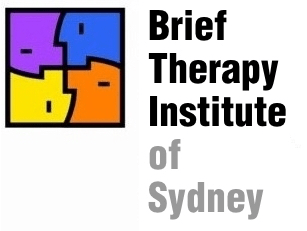Blog
Feedback-informed treatment
- 2 May 2024
- Michael Durrant
Reflections from the other side of the SF computer desk (or, what's like to be on the receiving end of Solution Focused therapy).
- 21 July 2020
- Michael Durrant
What is it like to be the recipient of Solution-Focused Brief Therapy. Having suffered a REAL mental health difficulty (and emerged at the other end), Michael shares his experience of receiving psychiatric treatment and then of receiving Solution-Focused Brief Therapy.
Confessions of an unashamed Solution Focused purist: What is (and isn't) Solution-Focused?
- 24 June 2018
- Michael Durrant
Sometimes it seems like "anything goes" in deciding what Solution Focused actually is. Some people think that anything that is NOT problem focused, or (worse) that is "positive", must be "Solution Focused". Michael argues here that such a view is unhelpful and seeks to come up with a description of what IS "Solution Focused".
Trauma ... resilience ... and “How did you do that?”
- 4 May 2015
- Michael Durrant
Michael suggests that it is MUCH more helpful to ask, "How did you do that?", then "Wow. That was great!". When we discover (or construct) a change for a success, our aim is that the client will reflect on his or her own agency and efficacy, rather than just knowing that WE think she or he was successful. This post explores this in the context of people's responses to trauma.
Expression of remorse ... behaviour change ... and a Soution Focused perspective
- 14 November 2013
- Michael Durrant
Michael reviews the evidence for the relationship between "showing remorse" and behaviour change — and finds it wanting. He goes on to propose that Solution Focused Brief Therapy's emphasis on making clients accountable for already changed behaviour is a more useful emphasis.
Diagnosis and the new DSM-5
- 21 May 2013
- Michael Durrant
DSM-5 is out; and is already the subject of some controversy in mental health circles. In this post, Michael argues that SFBT is about peoples' "preferred futures", not about their problem; therefore debates about how new classify problems are irrelevant.
